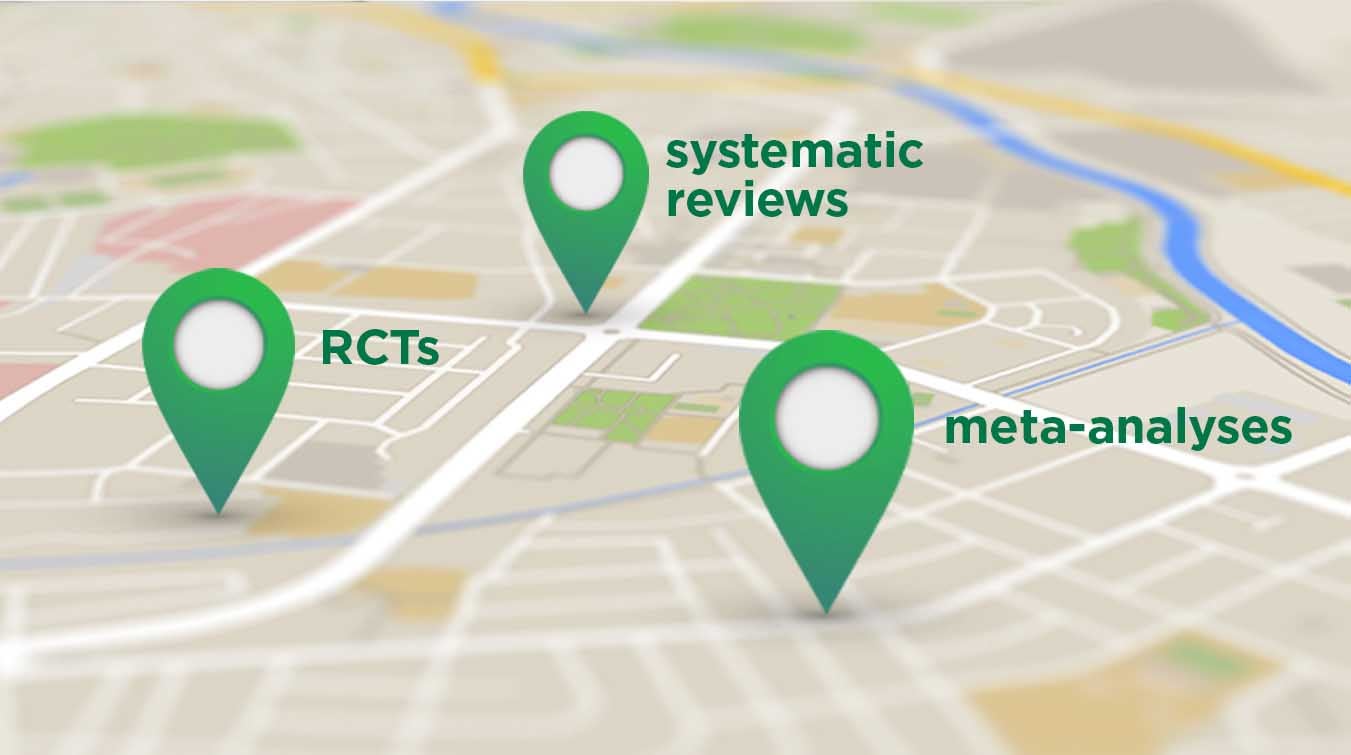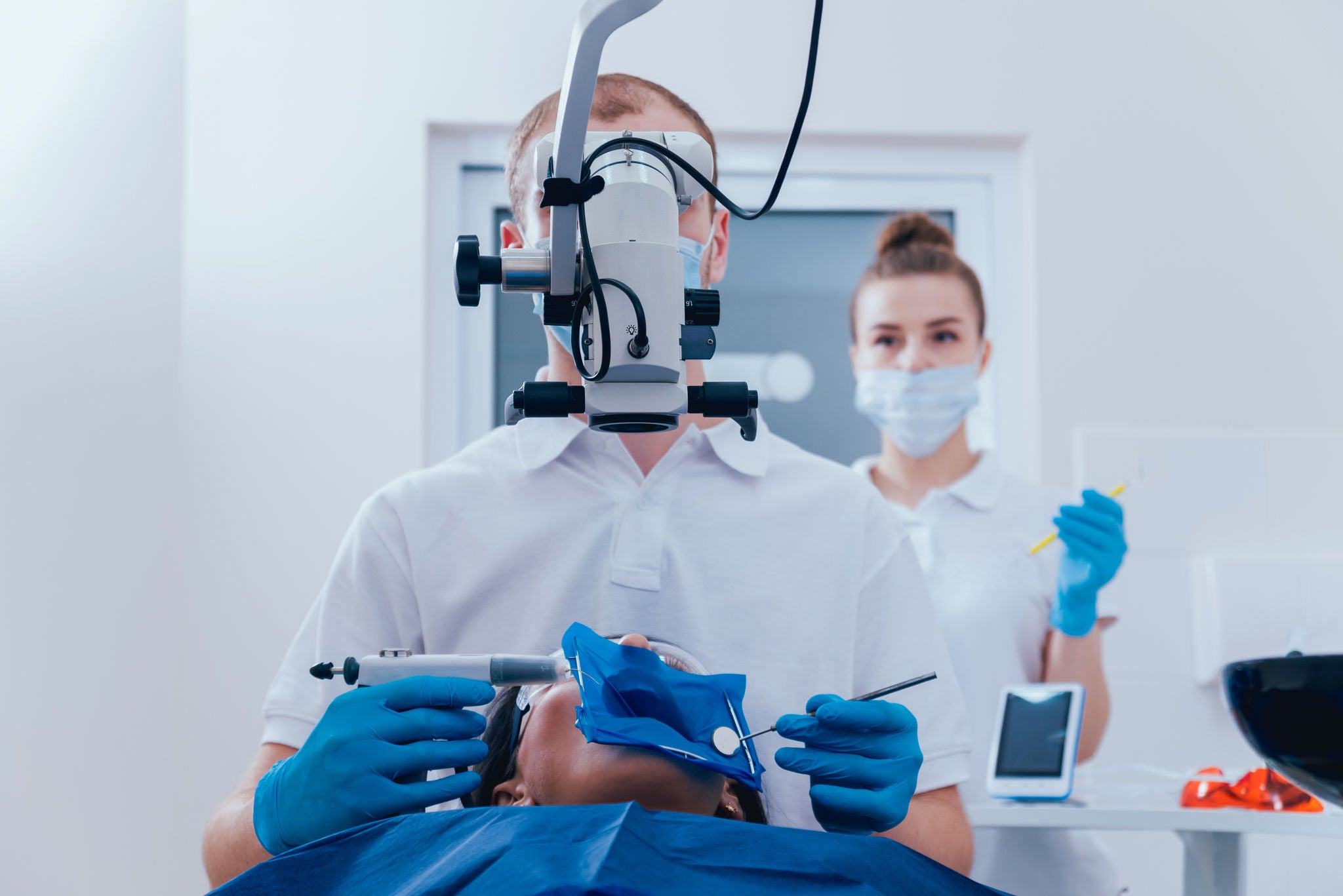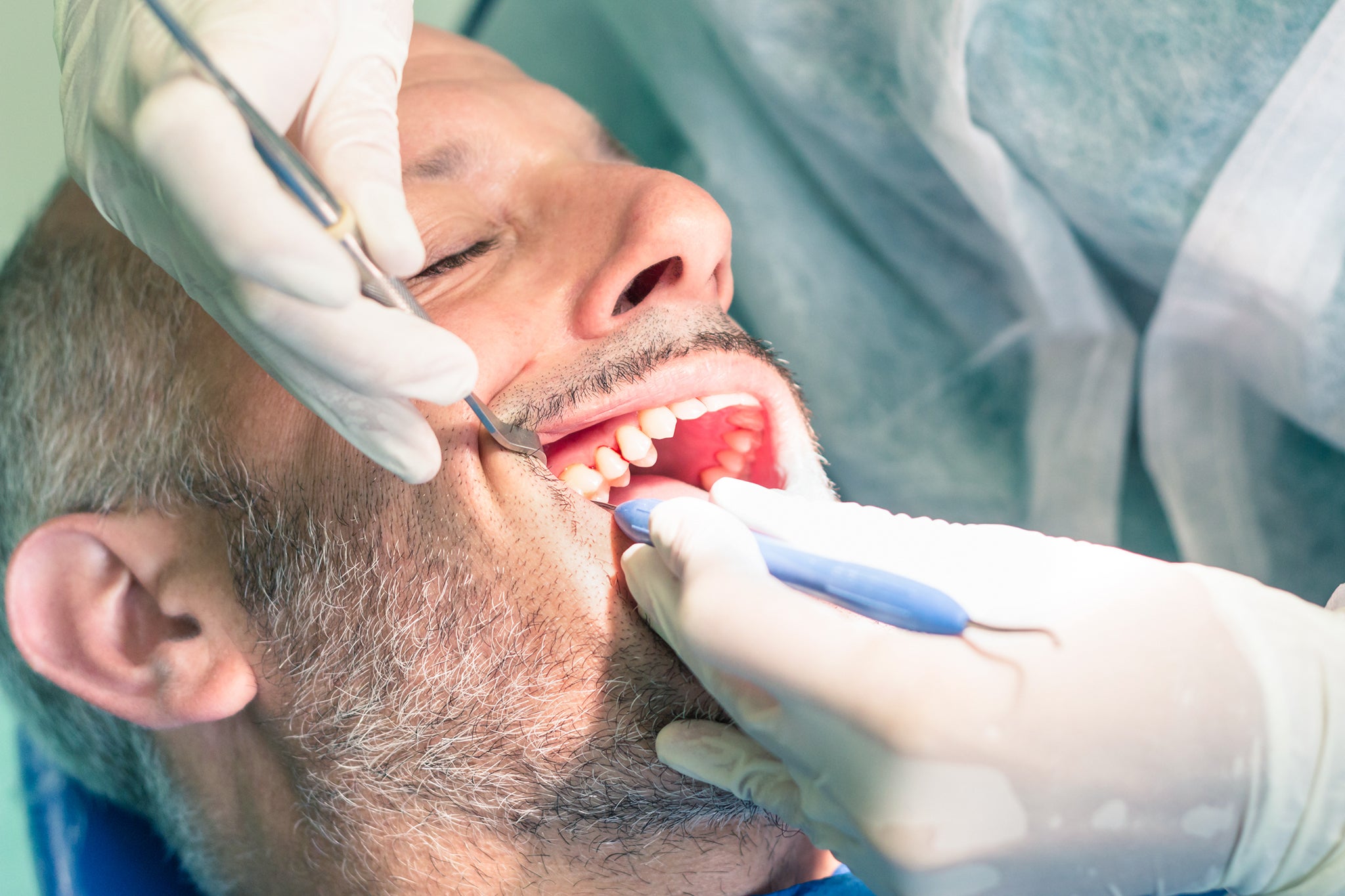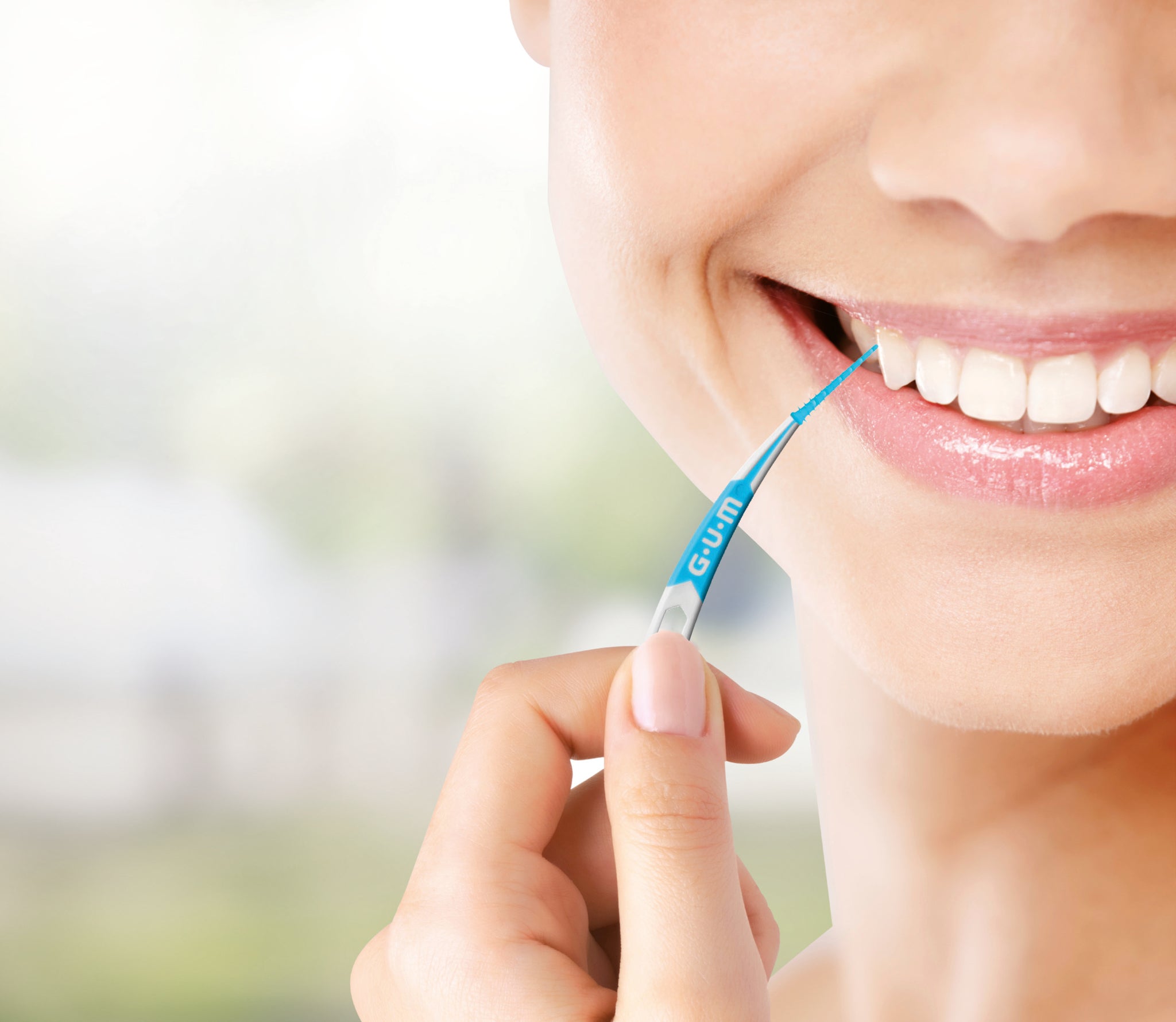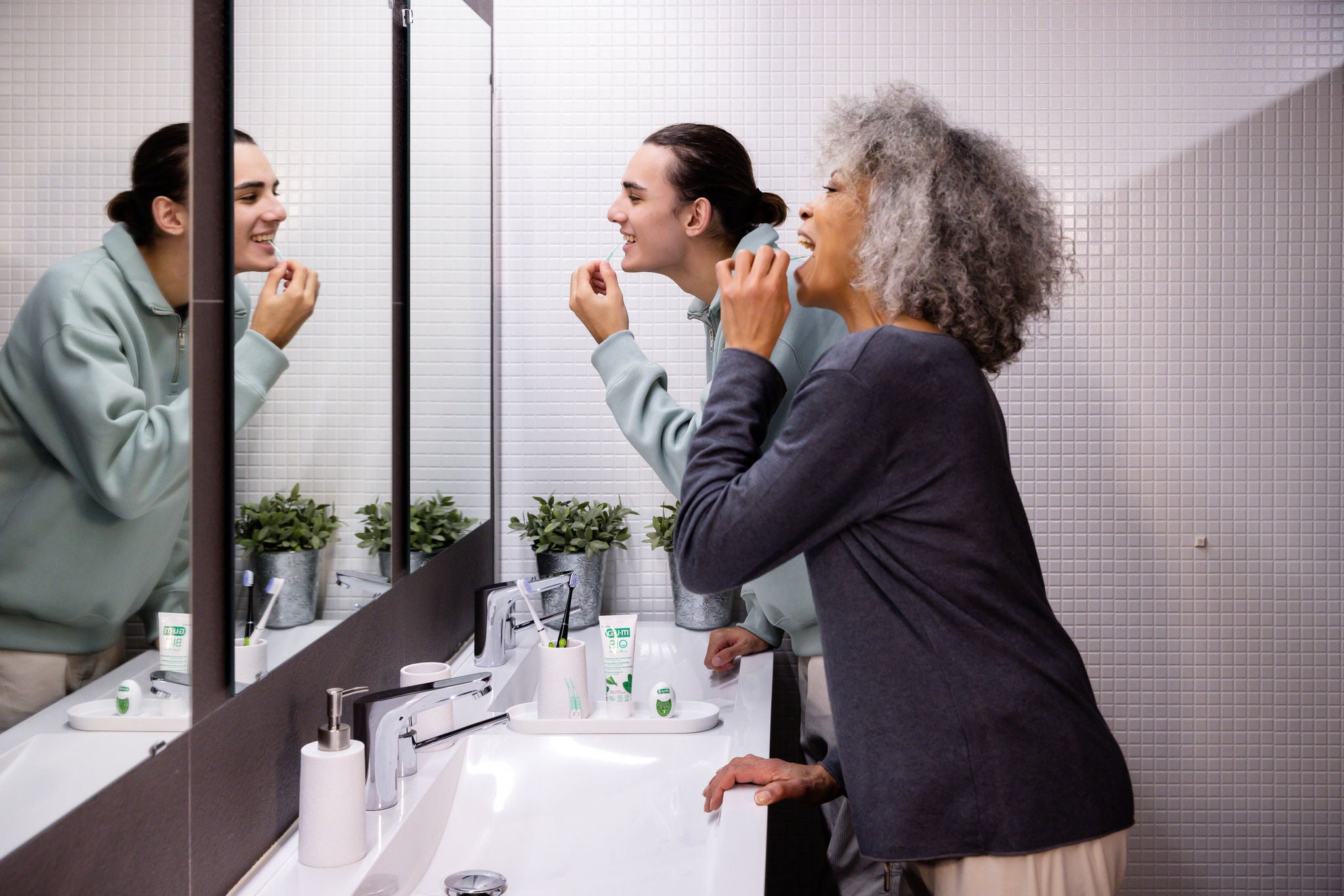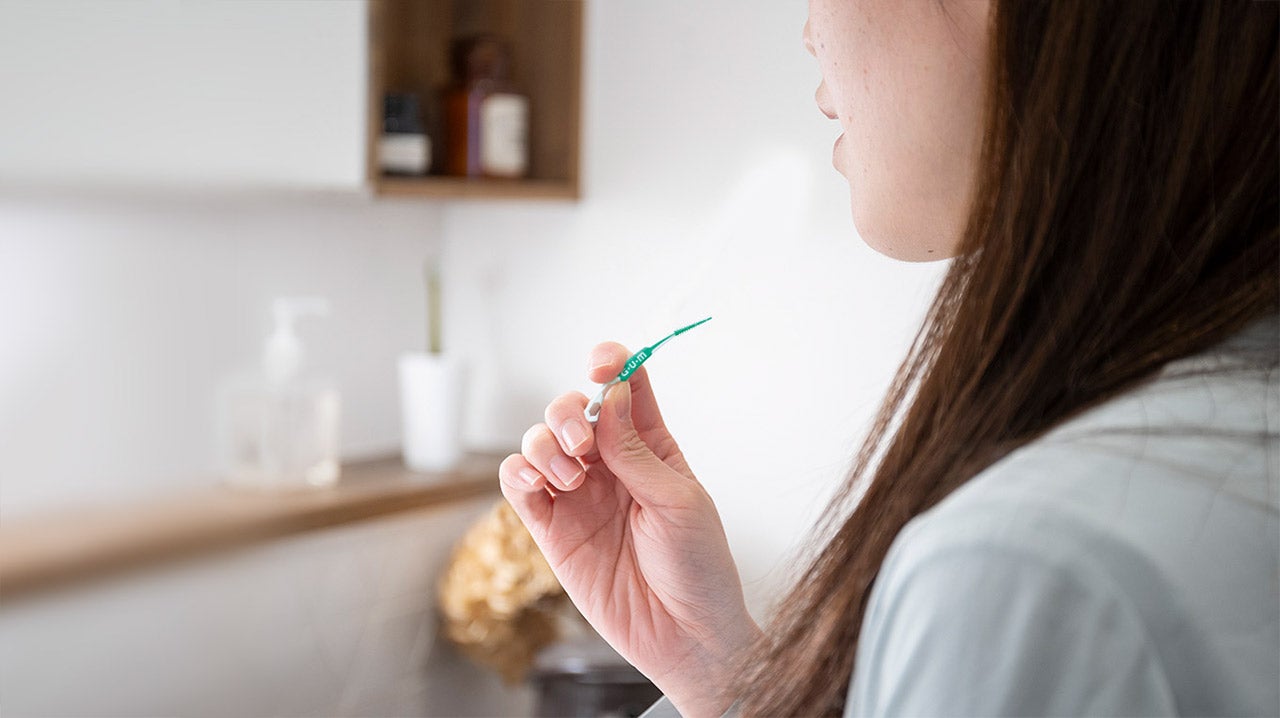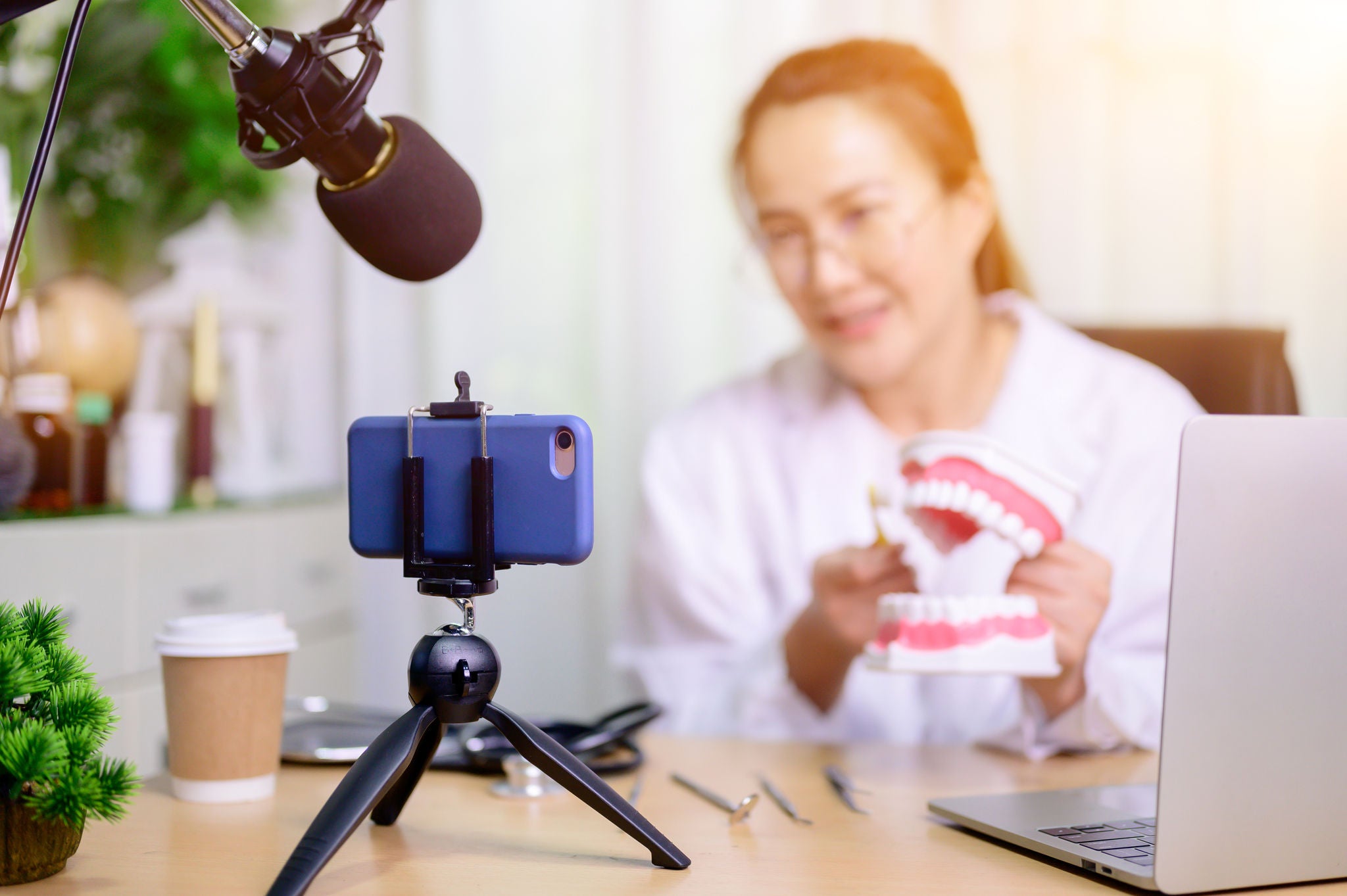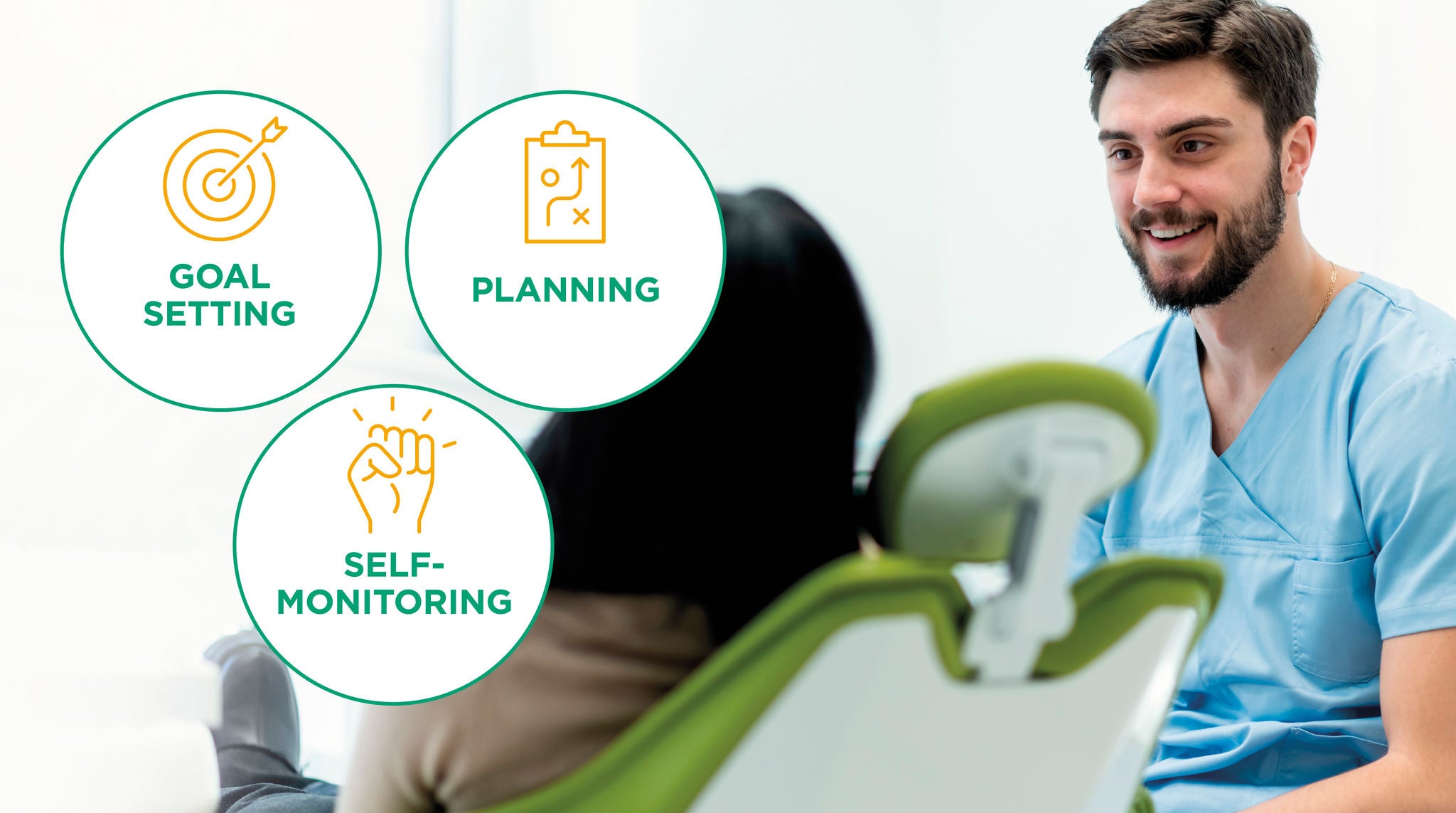
Dental Patient Education Tips on Forming Strong Habits
Dental professionals can provide the best possible care and advice during visits, but the fact remains: if patients don’t take this guidance home and commit to a steady, strong oral care routine, they won’t be poised to succeed.

Dental patient education around strong habits and routines is essential. We like to refer to them as “rituals", because it connotes a deeper, almost sacred devotion.
One thing is clear: When it comes to driving home behavioural change and embedding these rituals, dentists will generally be far more effective when they take on the role of collaborator rather than instructor. In this post we’ll explore some recommended methods for forming a partnership with patients and becoming teammates on the journey to excellent oral health.
Why Getting Dental Patient Education Right Is Important
Knowledge is power. When dentists are able to communicate information and recommendations in a clear, compelling and memorable way, patients are empowered to take control of their oral health care and are likely to achieve much better outcomes.
It is critical to make dental patients aware of:
- The benefits of an effective and ritualistic home dental health care routine
- The risks of inadequate or improper home oral care
- The exact steps they should take to best take care of their teeth and mouth
Education is the stepstone to behavioural change, which has become a central focus in the world of dentistry. But education is not something you can simply mold into one uniform concept and apply to each patient in the same way. It totally depends on the patient you have in front of you. What are their needs, and what do they really want? Where are they at this very moment in time, and where do they want to go? What is their current knowledge and skill set? For education to be successful, it is crucial to get to know the patient in front of you, discovering their personal goals, and aligning those with yours.
Recently, SUNSTAR GUM® hosted a webinar on this very subject, with experts Prof. Dr. Timothy Newton and Dr. Mario Rui Araújo sharing their thoughts on supporting oral health behavioural change in middle age:
During the conversation, survey results were pulled up on screen for analysis. One interesting finding was that lack of patient motivation was cited by dentists as the biggest barrier to effective behaviour change for your patients, by a wide margin. But is it really?
"I actually think that a lack of patient motivation is not necessarily an issue with the patient, but an issue of us not finding the right key to unlocking those motivations,” said Prof. Newton in response to the survey.
While professionals play a very important role in handling dental procedures and repairing issues as they arise, the ideal scenario would be to help patients avoid these needs entirely through preventive care. For that, you would also need your patient’s motivation, and tailored education can help unlock that motivation.
How Should Dentists Educate Their Patients on At-Home Care?
There are a variety of approaches used across the profession. Every dental pro will undoubtedly have their own preferred methods, but at a high level, it is crucial to overcome some of the biggest disconnects and challenges with regard to information retention and habit formation.
Here are a few advisable techniques.
Build a Trusted Relationship
People listen to, and absorb, advice from people they trust. This is as true for dentist/patient relationships as it is for any other type. Establishing a trusting rapport is critical for conveying information and driving action.
Treat the dynamic less as teacher/student, and more as two teammates striving for the same goals. You want your patient to feel not like they are obligated to stick to an oral care routine, but more energized and invested in it. Don’t make them feel like they’ll be scolded if they come in for their next visit having lapsed in their at-home care; make them feel like you’ll be celebrating together if they come in and check out well!
Some tips for infusing trust into your educational methods:
- Take a shared goal-setting approach, in which dentist and patient collaborate in setting realistic goals for at-home care.
- Ask questions and learn about your patient. Empathize with their own challenges and barriers. Then, tailor your guidance to their specific circumstances.
- Be vulnerable. Speak openly about struggles you’ve had in the past with your own personal oral care rituals, or with sticking to other valuable habits. Share first-hand solutions you’ve discovered.
Use Systematic Approaches to Habit-forming & Behaviour Change
There is no universally effective way to cultivate behavioural change and habit forming. But there are plenty of frameworks and processes with roots in psychology. Many have been proven to work in a variety of cases. Once you’ve established a strong relationship and level of understanding with your patient, you may be more equipped to determine the best option.
How Are Habits Formed?
One popular model is Health Action Process Approach (HAPA), which “suggests that the adoption, initiation, and maintenance of health behaviours must be explicitly conceived as a process that consists of at least a motivation phase and a volition phase.” You can click the link for a wealth of applicable information around the theory, which was developed by Ralf Schwarzer, Professor of Psychology at the Freie University Berlin in the early 1990s.
Self-monitoring is another common technique for forming habits. It involves having the patient keep a daily record of the behaviour they want to change as a way to remind themselves, and hold themselves accountable. Another technique is habit stacking, in which a patient pairs the new habit they’d like to form with one that is already strongly ingrained (i.e., grabbing a glass of water before bed every night).
This article on Habit Formation and Behaviour Change from the Oxford Research Encyclopedia of Psychology offers many more techniques and theories that have been developed and studied.
Make At-home Oral care Easy and Fun
Negative associations can be a primary impediment to forming a habit and consistently adhering to it. With this in mind, aim to understand and address any reservations or aversions a patient might have to their oral care routine.
Some people hate wrapping floss around their fingers and trying to reach it into their mouth. You could recommend flossers or interdental brushes. Some can’t stand the repetitive tedium of conducting a rotational brushing motion for more than a minute. They might enjoy a Sonic Power Toothbrush (now SONIC DAILY Battery Toothbrush).
Tailoring the products and processes to the individual will be instrumental to helping patients form rituals that they enjoy and eagerly maintain.
Oral Health Education: Collaborate, Motivate, Celebrate
Compassionate care and genuine investment in your patients’ success will make dental care education all the more powerful and impactful. Work as a partner with your patient so they’re striving toward shared goals. Use proven habit formation and behavioural change techniques. Customize your recommendations to each person’s specific preferences.
Properly educating dental patients about the importance of daily oral hygiene practices can help prevent common issues such as gum disease and tooth decay, ensuring a lifetime of oral health and a confident, bad-breath-free, and beautiful, healthy smile.




